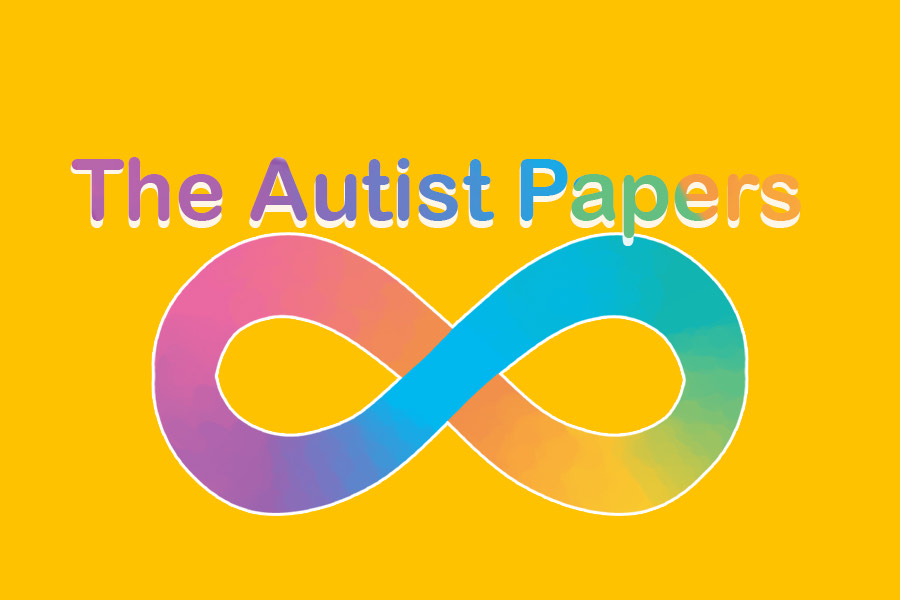We’ve all heard the saying, “if a tree falls in the woods, with no one around to hear it fall, does it still make a sound?” A silly question, really. Of course it does.
Now imagine there is an autistic alone in the woods with no one around, no psychologists or other professionals to officially diagnose them. Would they still be autistic?
The answer depends on if you think self-diagnosis is valid. With self-diagnosis becoming more popular and socially acceptable over recent years, I want to fully extend my support for its validity. I have been medically diagnosed with autism, but that does not mean I don’t support people that choose to self-diagnose, and that decision is different for everyone.
Increase in self-diagnosis is, in part, due to the many barriers to medical diagnoses. These can include the cost of a neuropsychological evaluation, which I was lucky and privileged enough to access when I was about 14 or 15. Many people have to pay out-of-pocket for these neuropsych evaluations, which can be expensive if not covered by health insurance.
The diagnostic process can also be overwhelming for many, especially for those on the autism spectrum. Many people distrust those in the medical field for fear of misdiagnosis. Those seeking a medical diagnosis of autism may also fear the stigma that they may face from medical psychologists or others that work to give them the diagnosis.
The biggest barrier, however, is not being believed. A person being tested can tell a professional about their experiences, and the medical professional testing them could disagree that their experiences are indicative of a neurodivergent person.
In contrast, people often experience positive outcomes to self-diagnosis. By defining themselves as autistic, they can more effectively learn helpful strategies to cope with life. Self-diagnosed autistics also claim that their self-diagnosis gives them a sense of belonging within the autistic community and a better sense of self-acceptance, understanding and kindness towards themselves. All these experiences are similar to those reported by people with medical diagnoses.
Self-diagnosis is valid because not everyone has the same opportunity nor privilege to access the luxury that is a medical diagnosis. Besides, self-diagnosed autistics and medically diagnosed autistics experience similar stigma in their day-to-day lives. Stigma for medically diagnosed autistics is also expressed terms of legal repercussions, though. For example, if a medically diagnosed autistic decides to become a parent one day, they often have to be proven competent to raise a child. This is one of the many examples of ableism within our legal system.
As a medically diagnosed autistic, I accept self-diagnosed autistics into the community because I want to validate their experiences as much as possible. They are the people who know their own point-of-view experiences best and can interpret what they mean. If that means they want to be accepted in the autistic community, I welcome them with open arms.
Liv Cushman can be reached at [email protected].




















